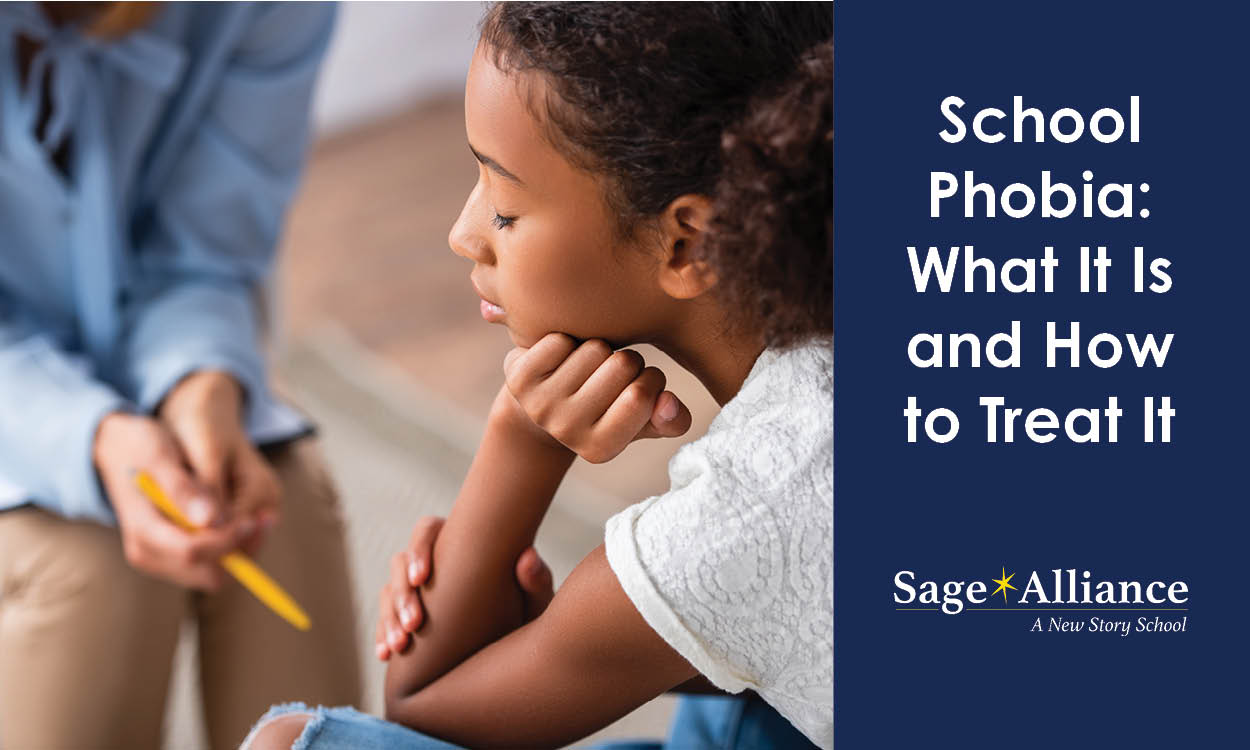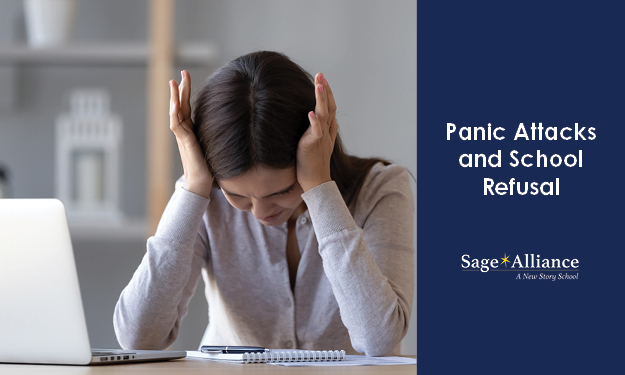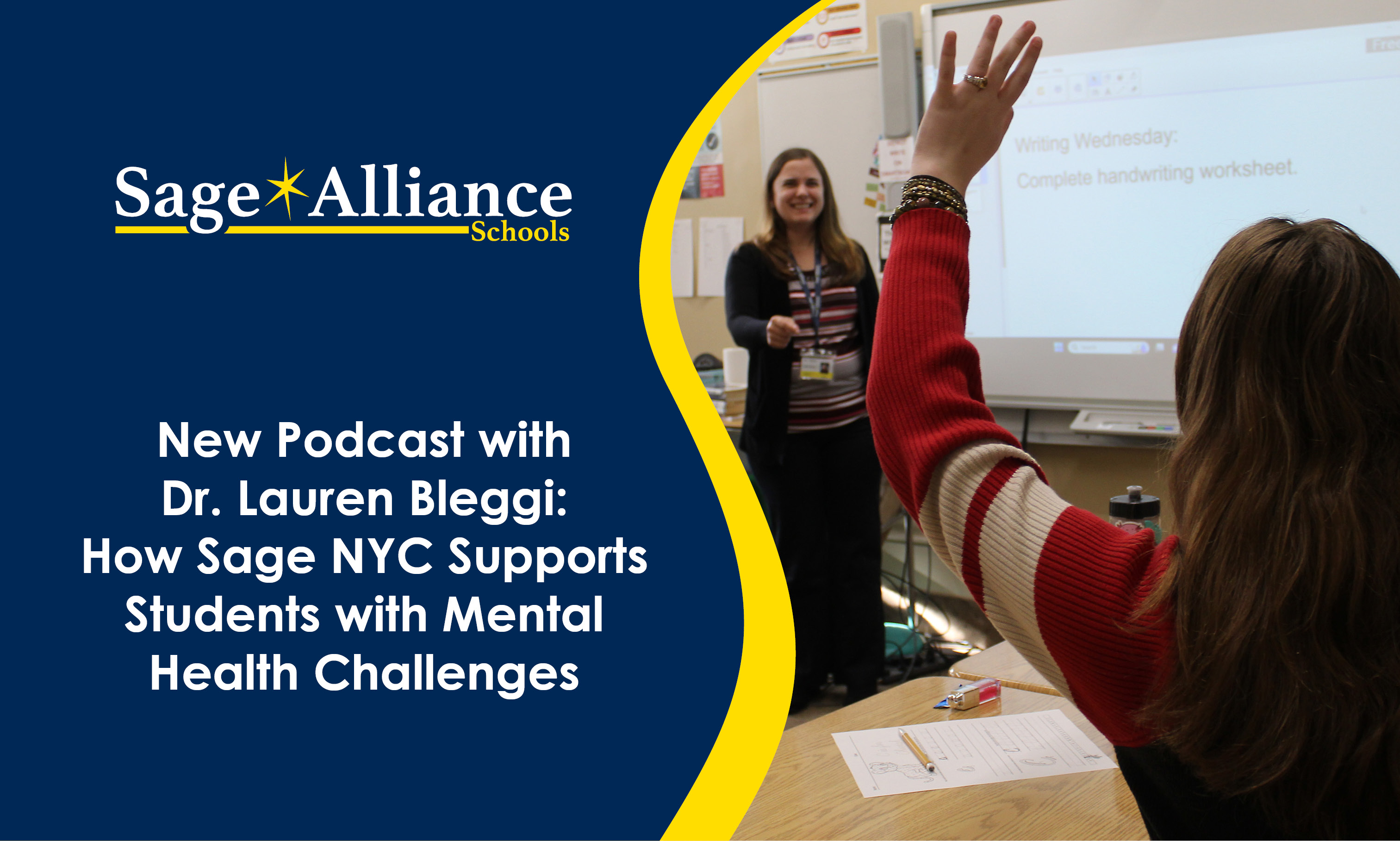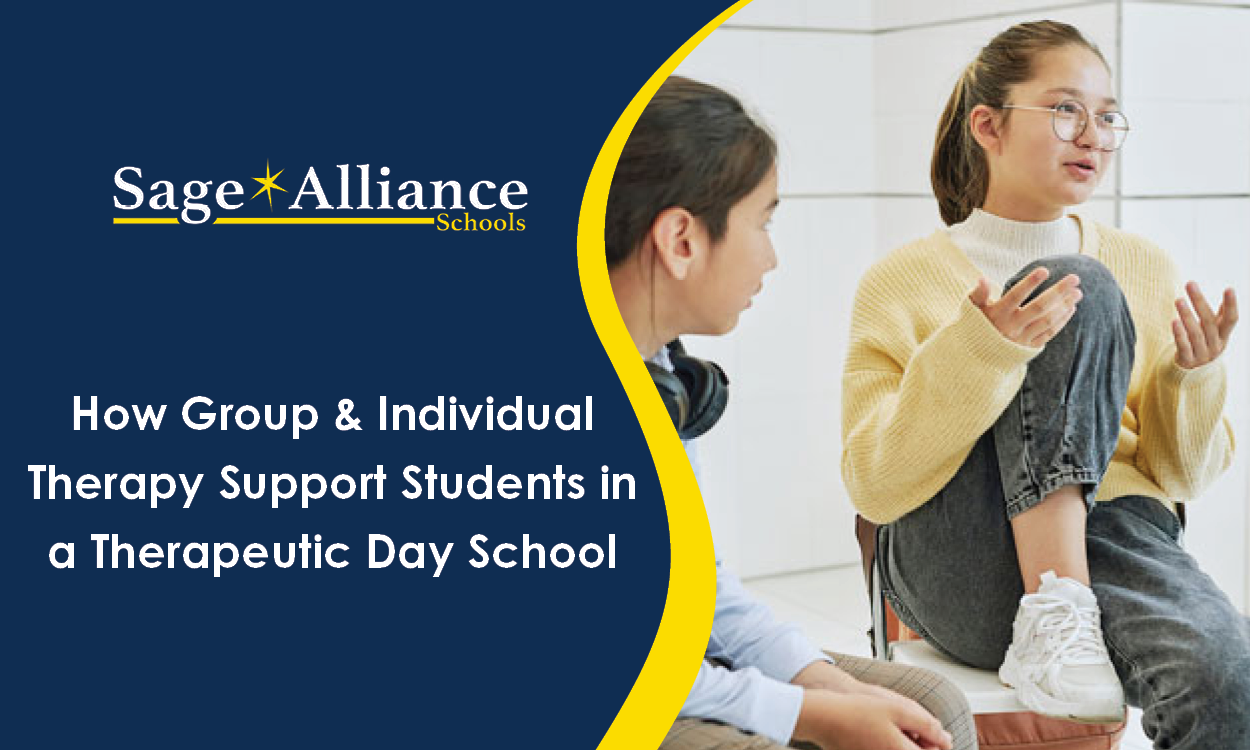Helping Teens Overcome Anxiety
Posted: September 30, 2015 | Written By: | Category: Emotional Health

Anxiety can make common everyday experiences a source of fear and apprehension. During a teen’s formative years, trouble with anxiety can severely hobble his or her ability to participate and learn in a school environment. Normal school routines such as speaking in class, forming relationships, participating in extracurricular activities, and changing classes can seem daunting to students with anxiety issues.
Without treatment and help, many teens with anxiety issues will have a very difficult time in school. Their struggles may cause them to develop behavior problems or to struggle to concentrate in class. These problems may carry over into adult life and can have long-lasting, significant impact. Therapeutic schools and other treatments may be necessary to help teens succeed academically and avoid developing a lifelong pattern of problems with anxiety.
What Is Anxiety?
Anxiety is a perfectly normal feeling experienced by most people when they encounter stress. Public speaking, job interviews, meeting new people, or participating in competitive events can make people feel anxiety. For some, this feeling is more than just a brief feeling of unpleasantness. Anxiety can prompt strong reactions in some, causing great fear and apprehension. In some cases, just thinking about stressful situations can cause great distress and tigger panic reactions.
Severe anxiety can cause serious disruptions in daily life, and compromise success in work or in school. . According to the Anxiety and Depression Association of America, more than 40 million people in the U.S. suffer from anxiety, making it the most common mental illness in the U.S. Women are at greater risk of suffering from the ailment than men. The typical age of onset for anxiety is around 13, making childhood a critical time for identifying and treating the problem. Mental health experts estimate that millions of teens suffer from anxiety disorders, but, unfortunately, the problem often goes untreated.
Identifying Anxiety
Separating normal anxiety from a more severe problem can be tricky. If you think your teen may suffer from anxiety disorder, consider these warning signs:
- Persistent anxiety – A little anxiety is normal during times of stress, but if the feeling seems to persist for six months and is marked by trouble sleeping, an interference with daily life, and fatigue, your teen may suffer from an anxiety disorder.
- Chronic sleep problems – Teens who have trouble sleeping, and who report racing thoughts and trouble calming down after waking up in the middle of the night, may suffer from anxiety.
- Irrational fears – While everyone has fears, people with anxiety disorder are often plagued by severe versions of these issues. For example, a fear of crowds may cause some to avoid even low-key social occasions.
- Chronic indigestion – People suffering from anxiety disorders often struggle with digestive issues. Gas, constipation, and diarrhea caused by irritable bowel syndrome, which often accompanies anxiety, may plague teens with anxiety disorder.
- Self-consciousness – While most teens deal with self-consciousness, teens suffering from an anxiety disorder may have severe problems with self-image issues. Even in relaxed social settings, these teens may suffer from nausea, trembling, and related problems.
- Panic attacks – Teens who have panic attacks are very likely to suffer from anxiety disorders. Panic attacks are characterized by intense feelings of fear, accompanied by physical reactions like heart palpitations, dizziness, shortness of breath, etc.
- Flashbacks – People suffering from anxiety, who have also experienced a traumatic event(s) can often suffer from flashbacks that cause them to relive painful or traumatic events in their past. Children who have suffered abuse or who have been through traumatic circumstances such as the death of a parent or sibling can often develop anxiety disorders that cause them to experience flashbacks.
- Compulsive behaviors – Teens suffering from anxiety may develop compulsive behaviors and rituals they must complete in order to function without anxiety. Counting floor tiles, turning light switches on and off a certain number of times, or becoming panicked if certain radio settings aren’t adhered to are all examples of this behavior.
Coping with Anxiety
For teens suffering from anxiety, there are a number of options available.
- Psychodynamic therapy works to help patients understand the underlying issues that impel and maintain their anxious feelings. The relationship between the therapist and patient is critical to the process and when the issues are worked through, patients often have full relief from their symptoms and have a better understanding of their emotional life.
- Cognitive behavioral therapy works to help patients identify and change thinking and behavior patterns that may contribute to anxiety and other mental health issues. This therapy is often effective, and results can usually begin to be seen within a month to 16 weeks
- Exposure therapy, as the name suggests, exposes patients to situations or things that may create anxiety. By starting slowly, and gradually exposing patients to longer durations or greater contact with the object of their fears, therapists desensitize patients to them.
- Medications such as SSRIs and SNRIs can also help teens suffering from anxiety. SSRIs help relieve symptoms of anxiety by blocking the reabsorption of serotonin by nerve cells in the brain. The increased serotonin available helps improve mood. SNRIs help to increase serotonin and norepinephrine present in the brain by blocking their reabsorption.
Benzodiazepines are another class of drug used in treating anxiety, and these are used to handle some of the physical symptoms of the ailment, including muscle tension.For teens with anxiety issues, therapeutic schools can provide critical help and support. Therapeutic educational institutions provide education within a framework that helps them with emotional, behavioral, substance abuse, or other problems. A therapeutic school differs greatly from residential treatment facilities, which are more geared toward clinical treatment for serious psychological issues. Therapeutic schools are more focused on social, emotional and academic recovery and growth.
Sage Day School is a highly regarded therapeutic day school in northern New Jersey for students in grades 4-12 who would benefit from a small learning environment with a therapeutic component. Sage Day provides quality education for students who struggle with depression, anxiety, school avoidance, and related issues. Academically rigorous and sound, Sage Day has adopted the Common Core Standards, and also meets the accreditation standards of the Middle States Association of Colleges and Schools Commissions on Elementary and Secondary Schools.
Teens and children with anxiety issues can experience many problems in school which may affect the quality of their education. Finding ways to address these issues, including attending therapeutic schools, will help ensure that students get the help and support they need to be academically and socially successful.
Schedule an appointment today to see how we can help.
Want to be notified of new articles and resources from Sage Alliance? Click here to submit your email and opt into our newsletter.









